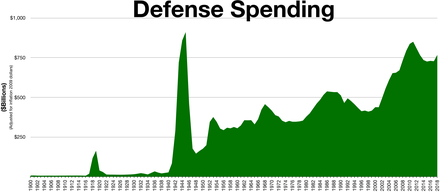Sadly, John McCain's condition seems to be worsening. He was a hero, despite being captured and a decent and honest person, who's politics I didn't always agree with, but still, I wish him the best.
Chances of the tax bill passing seem higher, Although the majority in the Senate is razor thin. See if anything develops over the weekend.
Business has been pushing to get the corporate tax rate lowered for quite a while and the whole act is really designed to do that. The rest of it is just give and take to make it seem like something and some will be winners, mostly very wealthy people and everyone else will be about the same.
The debt will increase, and it is worth discussing if reducing revenue with such a large deficit makes sense?
The entire Republican agenda is predicated on concepts that develop out of conversations you hear at cocktail parties and they accept the conclusions blindly.
Certain truths are simply accepted, regulation is bad, less government is good, wealth trickles down. Of course, those things are worthy of discussion although its never as clear cut as that.
The real issue in this country is pretty simple, our demographics.
The baby boomer bulge is moving into retirement and the number of replacement workers is not enough, but that's probably a good thing since so many jobs have been automated out of existence.
The problem it creates is that without that pyramid where there are more workers on the bottom paying in than on the top taking out, social security is not sustainable.
We need more young people and instead of welcoming them we are trying to kick some of them out.
Suppose for an instant that the corporate tax reduction does result in some sort of expansion, although I don't think it will. Where are the workers? They happen to be overseas so the hiring isn't going to be in the rust belt. Economics dictate what you pay and for low skilled workers this country's workers want too much. Skilled workers are actually in short supply already, so that's not going to lead to much.
The companies will use the money to reward their executives even more since profits will be up, and maybe buy back their own stock or acquire other companies. Those things don't create jobs, generally they end up reducing them as redundancies are eliminated.
What would create good paying jobs for people with basic skills would be infrastructure investment to fix our roads and bridges. There are years of work in those projects but now, with the reduction in income, we have less money to pay for them.
Oh well, they are going to celebrate passing something, hope the people figure out its just a scam.
